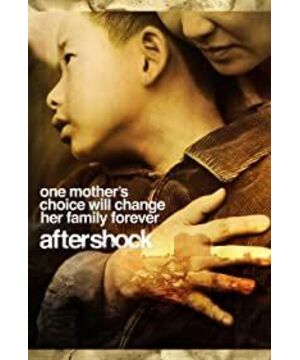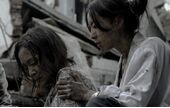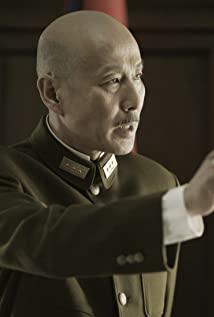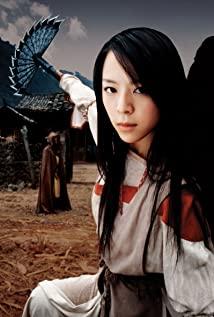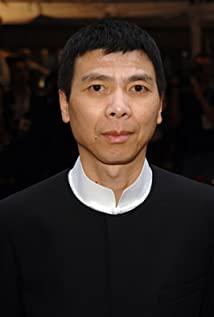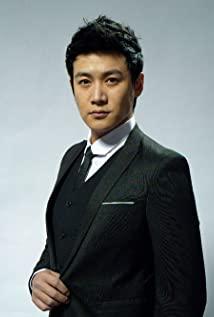The girls sitting next to me were obviously born in the 90s, and they were happily eating with oversized bags of popcorn. I originally wondered if the sisters were in the wrong place, and the vampire werewolf romance was next door, but then I saw that there was a pack of tissues on the armrest of each seat, and then I realized that they were actually prepared.
I also came prepared with a tissue, which came in handy later. As some bean friends said, we are all ready to be moved, so we are really moved. But what's wrong with that? It's better than watching some movies that were meant to be amused, but the screen is so lively that the director and actors almost directly reach out to tickle the audience, but we still don't laugh but yawn.
The film starts from 1976 and ends in 2008. Although there are two earthquakes at the head and the tail, the name of the earthquake is not as appropriate as the name of the original novel, because the film is not about the Tangshan earthquake itself, but the aftershocks of life after the earthquake. Psychological aftershocks. I don't know if it's because the director focused the main firepower too much on the tear-jerking effect of the first two earthquakes, or because the post-earthquake life with such a long time span is not easy to show, and the middle part is indeed a bit dull.
But in fact, life is not like this. After a big disaster and unforgettable grief, our life still has to go on like this day by day. The child grows up slowly, and he grows old gradually. The old house is demolished and a new building is built, but the ruins in the heart are still there, just hidden behind the peaceful life, others can't see the audience and can't see it. .
Therefore, the audience will inevitably be most impressed by the two earthquakes. That scene in Tangshan was really wonderful, simple and neat, but it had both the special effects of the sky and the earth, and the difficult choice of life and death. But the Wenchuan game may be even more shocking because of the closeness in time. Xu Fan did a good job, his eyes, movements, and lines were touching. Zhang Jingchu was weaker, so in the last climax of mother-daughter reconciliation, it felt a little unbalanced. Lu Yi is still a bit well-known in Hong Kong. When he appeared on the stage, the younger sisters of the post-90s made a small joking.
Chen Daoming is still so handsome, but this role makes me a little puzzled. The quarrel with his wife after rubbing his head for Xiao Deng seems a little inexplicable. How could the screenwriter bring up such a wretched and far from the earthquake theme, and the conversation with Xiao Deng when his wife died seems to have this meaning. After watching the movie, I checked the Internet and found that the original novel really talked about this plot, and it was developed with this plot as the main line. I feel that the original author has gone too far and off-line in the arrangement of this plot, but does the movie really insinuate this meaning?
I don't know how much Hong Kong people know about the Tangshan earthquake, but they must know nothing about Jiannanchun. So, the audience didn't react to those few deliberate shots. Although the film was able to proceed very smoothly without any laughing scenes, I finally understood Director Feng's good intentions. What he wants is the audience's laughter and complaints, and it's best for everyone to pay close attention and spread the word about which ad is inserted at which minute. Laughing is effective. The more we laugh and scold, the more effective the advertisement will be. Of course, the effect in Hong Kong is probably zero.
In addition to being ignorant of advertisements, Hong Kong audiences probably don't know much about the characteristics of the times such as large-scale steel smelting, laid-off workers, and self-employed individuals. So I found out that the most climax moment of everyone smoking tissues and waking up their nose turned out to be the part when the great leader said goodbye to us. Dear and simple Hong Kong friends, wouldn't you think that the whole country was mourning for Tangshan, right?
View more about Aftershock reviews


